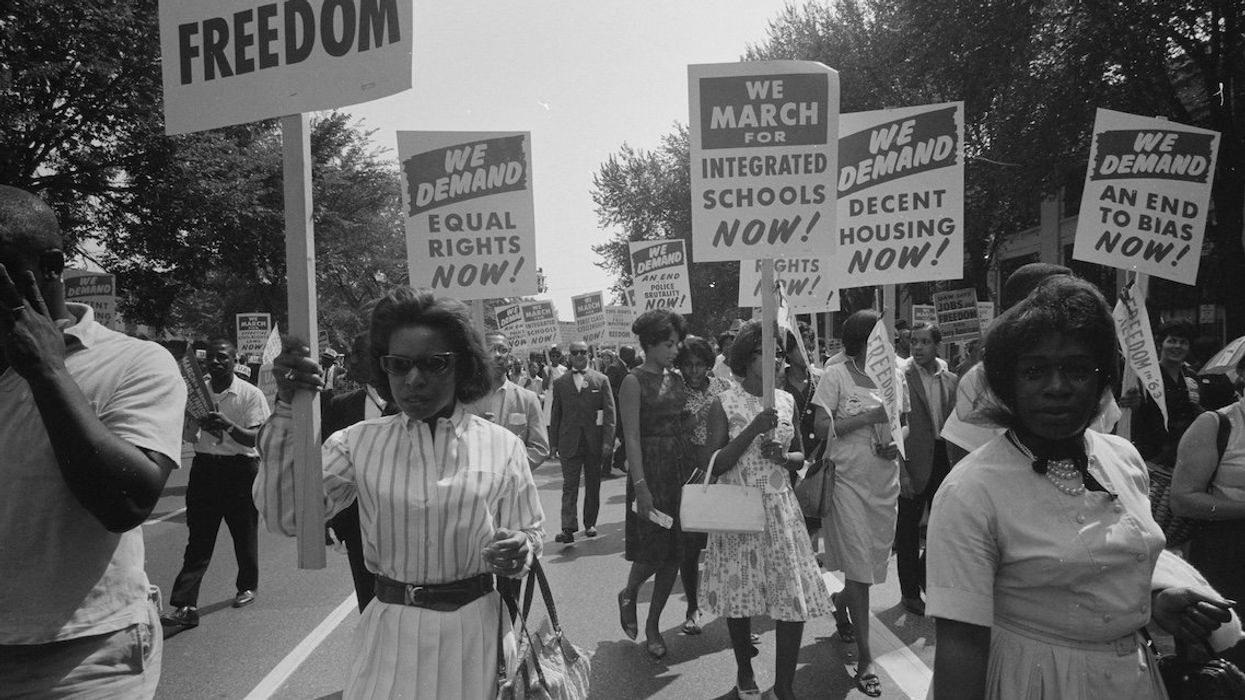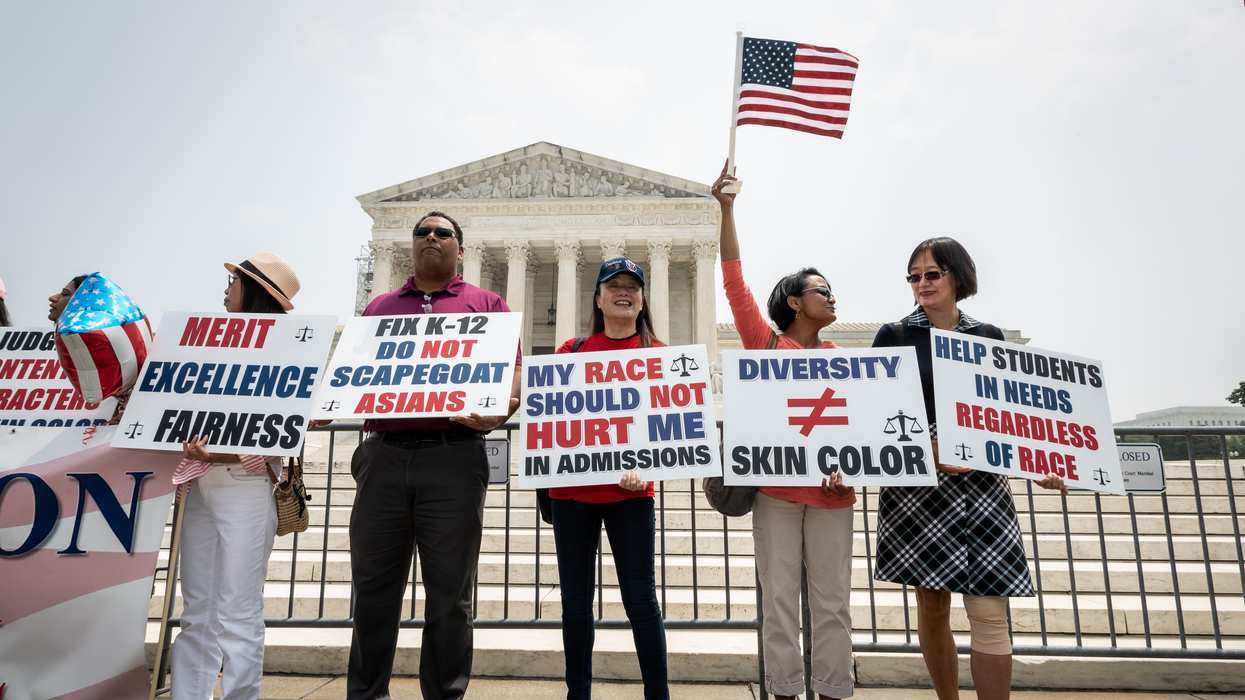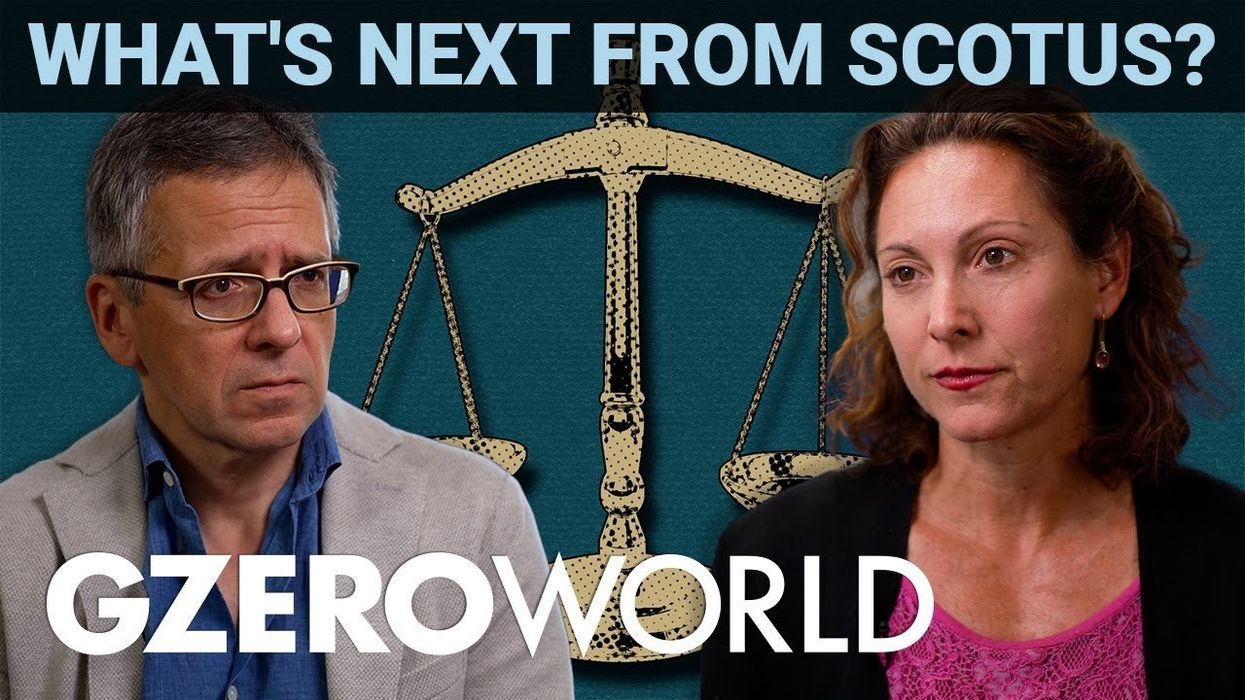GZERO North
An end to affirmative action?
A measure of the thoroughness of the Trump reset is the overturning of Executive Order 11,246, which has been operative since it was signed by President Lyndon Johnson in 1965. Part of Johnston’s civil rights agenda, the order prohibited discrimination based on race, color, religion, national origin, and sex by companies that receive federal contracts.
Jan 23, 2025





